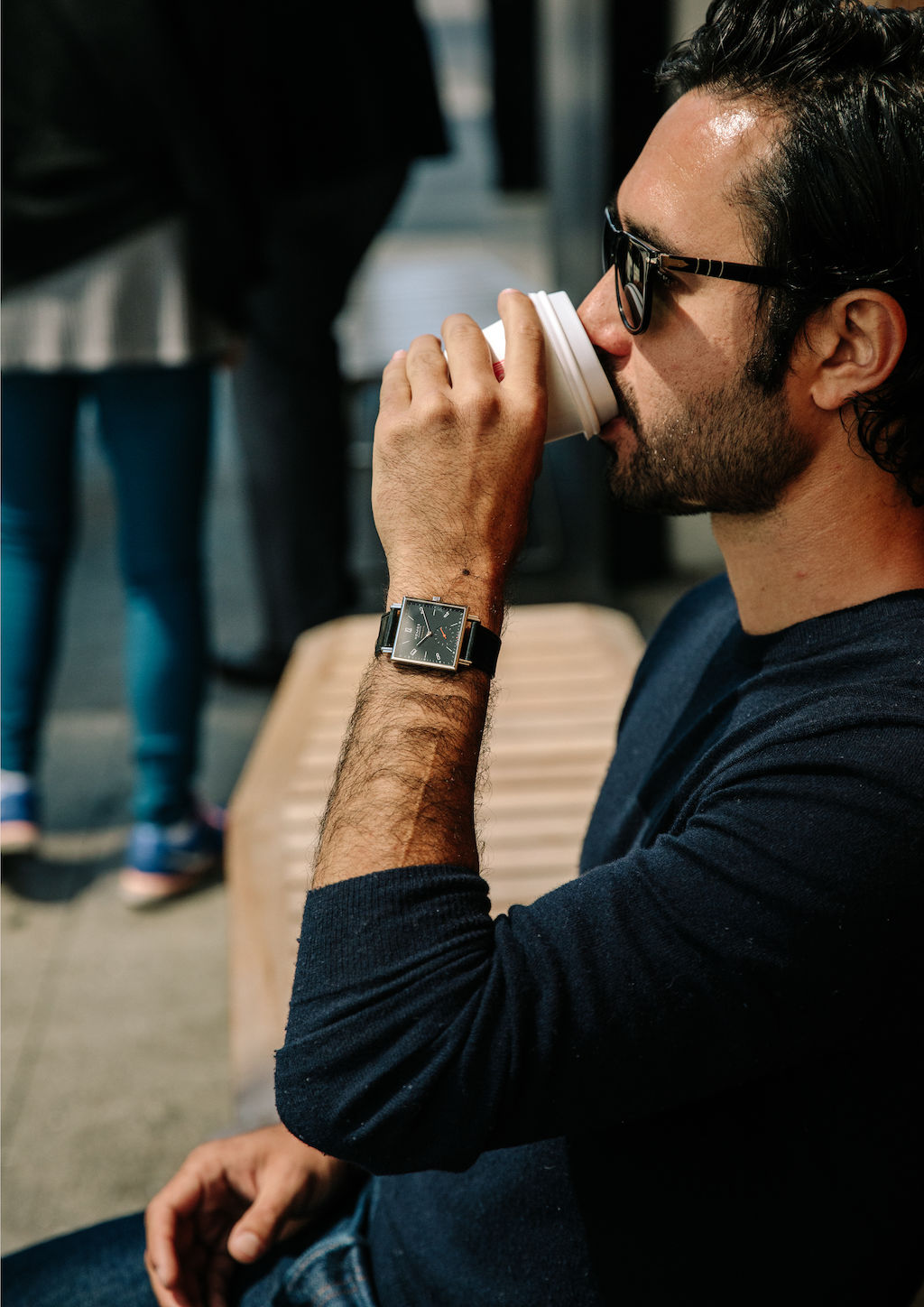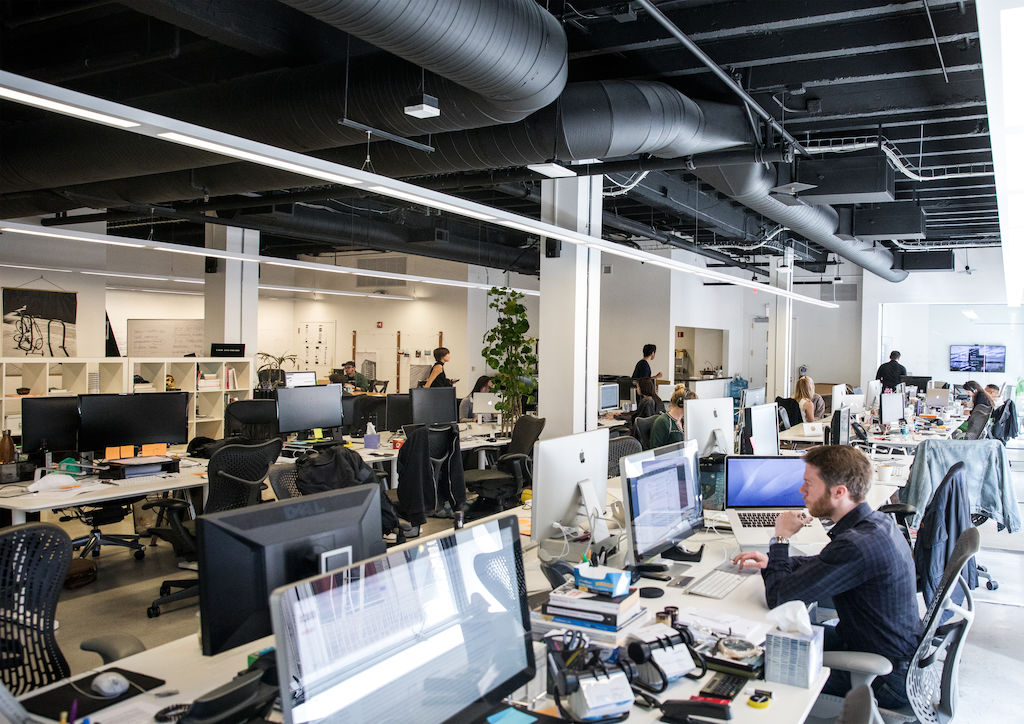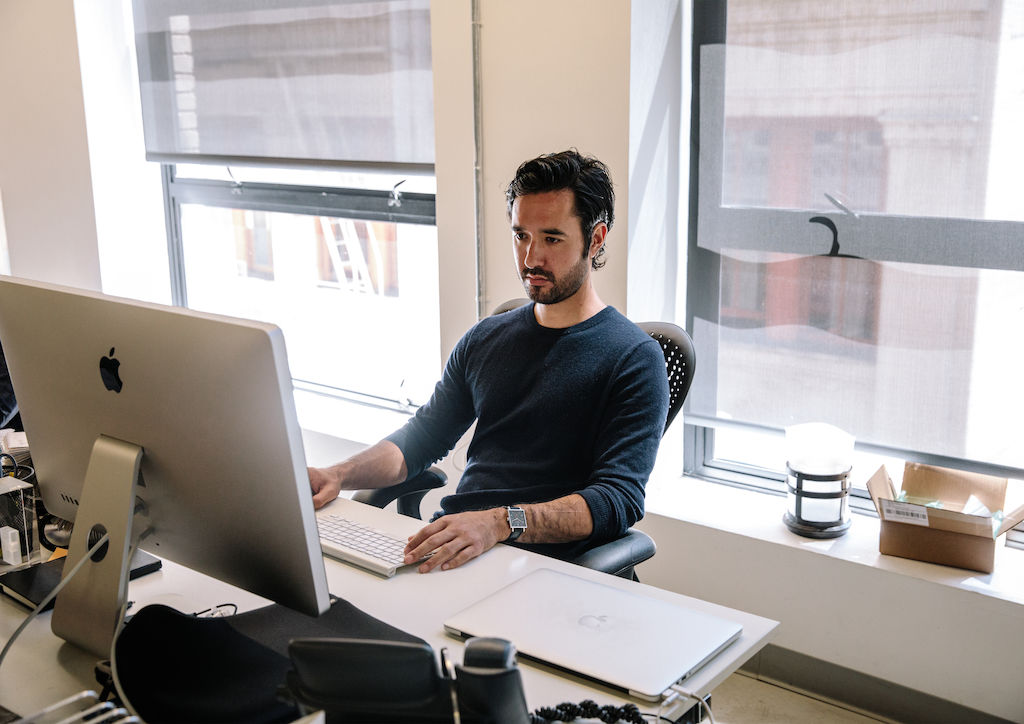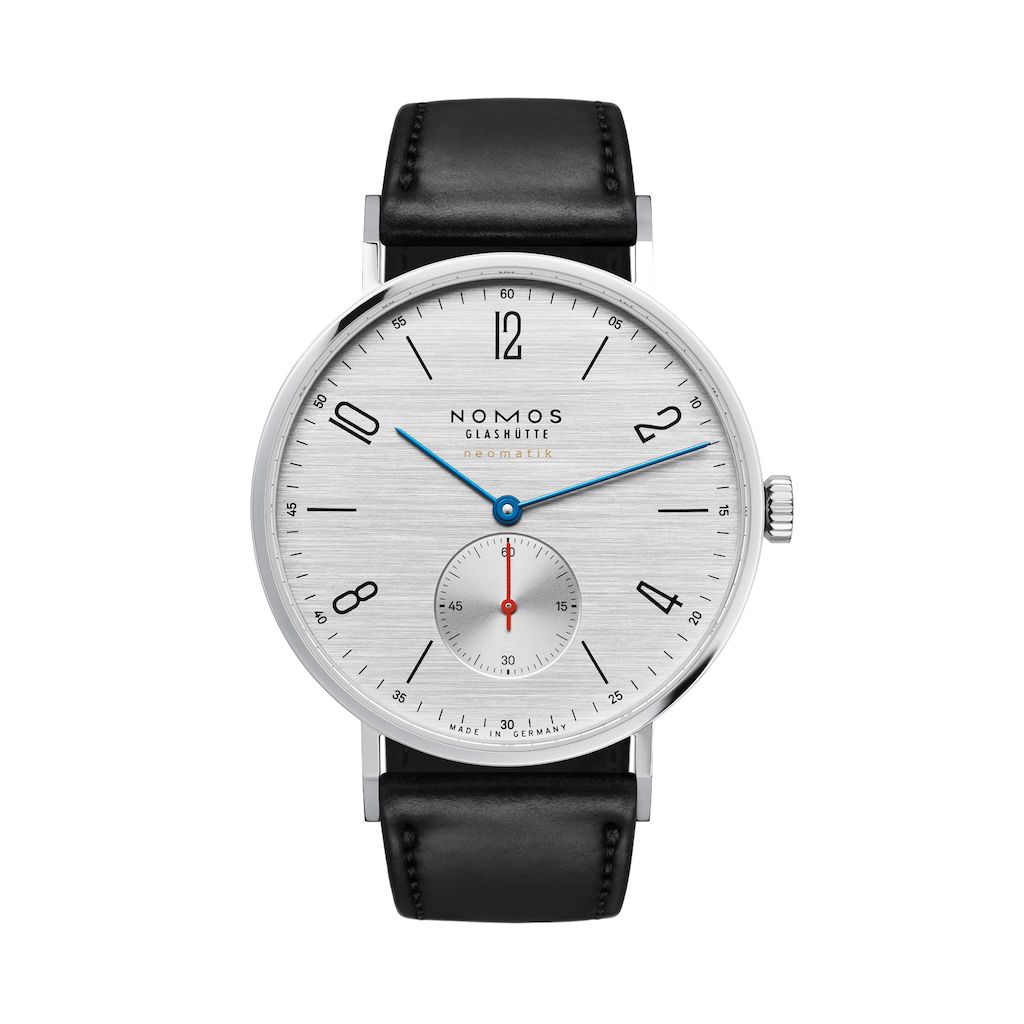
Michael Martin,33 岁,在旧金山的 Code and Theory 担任执行合伙人。该机构为传统媒体注入了全新的魅力,重点关注媒体内容、流行观点等,时刻注意寻找正确的基调。
Chances are, if you follow the main- stream news media, you’ve experienced the agency Code and Theory’s work. It has pioneered websites for Bloomberg, created an app for the BBC, and made a physical installation at Hearst Tower in New York City. As its name suggests, the agency sees technology and ideas as two sides of the same coin—inextricable from one another.
Michael Martin is a managing partner and leads the West Coast office in San Francisco, having moved from New York four years ago. His studies in comparative literature resulted
in a thesis on so-called non-places. “Spaces that exist with no social or spatial memory,” Martin says. Some- thing that has a lot to do with what he’s doing today.
After graduating, Martin decided to pivot.“I didn’t want to pursue a career in critical theory, so I decided to learn about business,” he says. He landed at Deutsche Bank working as an analyst, and then in private
equity. It was there that he learned how businesses work and how investors think. At that time, Martin already knew the founders of Code and Theory, Brandon Ralph and Dan Gardner, and was starting to think about a career there.
These days he often works from his San Francisco apartment in Jackson Square, and he wouldn’t want it another way. The historic district is “becoming a very chic little shopping neighborhood,” he says. Living in
the city is ideal for Martin: He appreciates the close access to nature, but also its cultural amenities. “I love walking around the San Francisco Museum of Modern Art. The permanent collection is really remarkable, particularly the Gerhard Richter works,” he says.
San Francisco offers a great deal of diversity—as does Martin’s work: The agency is driven by abstract ideas and an intimate knowledge of how media is changing. “We place our focus on communication, transparency, honesty, and trust,” he says. “The goal is to always accomplish something new for the client.” The world of digital publishing has become complicated. On one hand, there are the powerful platforms that we spend so much of our time on, like Facebook and Instagram, that lend the internet the feeling of one of those “non-places.” On the other, there are anarchic spaces like 4chan and Reddit.
“It all amounts to a certain convergence of experience,” Martin says. It is not the medium that is important, but the content. “I think the biggest challenges for media companies today aren’t design challenges; it’s the relationship between the public, the institutions we live in, and the way the media operates as an equalizer,” Martin says. “Media has to take risks in not only how content is displayed, but also in the attitude that they express behind it.” In other words, all the interfaces in the world aren’t going to be enough. The most important thing is having a strong point of view. Online or off.


Today we can all decide for ourselves where, when, and how to gather information—or how we make ourselves heard.

Michael Martin’s recipe for success: “Communication, transparency, honesty, and trust.”

On his desk and on his wrist: Tetra neomatik 39 midnight blue.
